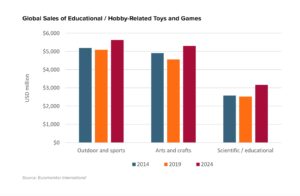Low-income households have to be spared from possible disconnection of electricity services due to unpaid bills for as long as quarantine restrictions continue to take a toll on people’s livelihood, according to Sen. Sherwin Gatchalian.
For this reason, the lawmaker called on the Energy Regulatory Commission to again extend the “no disconnection” policy for such households, at least until the end of general community quarantine. For distribution giant Manila Electric Co., the policy that benefits at least three million customers that are billed for no more than 200 kilowatt-hours (KWH) a month had been extended by one month from Dec. 31, 2020 to Jan. 31.
“Except for a few, who are offering essential goods and services, the majority of businesses are not operating in their full capacity and unemployment remains to be a problem. Everyone is still struggling financially,” said Gatchalian, who chairs the Senate committee on energy.
“While the pandemic has not abated, distribution utilities would hopefully take up humanitarian considerations and continue to be lenient with customers unable to pay their bills on time,” he said.
In a related development, both chambers of Congress earlier this week passed on third reading respective bills that for the second time extend by 10 years the “lifeline subsidy” enjoyed by low-income households.
These are Senate Bill No. 1877 and House Bill No. 8145. Expected to benefit are electricity consumers who are billed for no more than 100 KWH a month.
For Meralco customers, those that consume more electricity pay an average of 4.78 centavos per KWH for the benefit of lifeline consumers.
This subsidy was originally supposed to have expired in 2011, but was extended until June this year. The bills provide for another extension to June 2031.
Gatchalian said that if this became law, about 5.5 million households stand to benefit from the socialized pricing mechanism until June 2031 and save an estimated P900 on electricity expenses every year.


